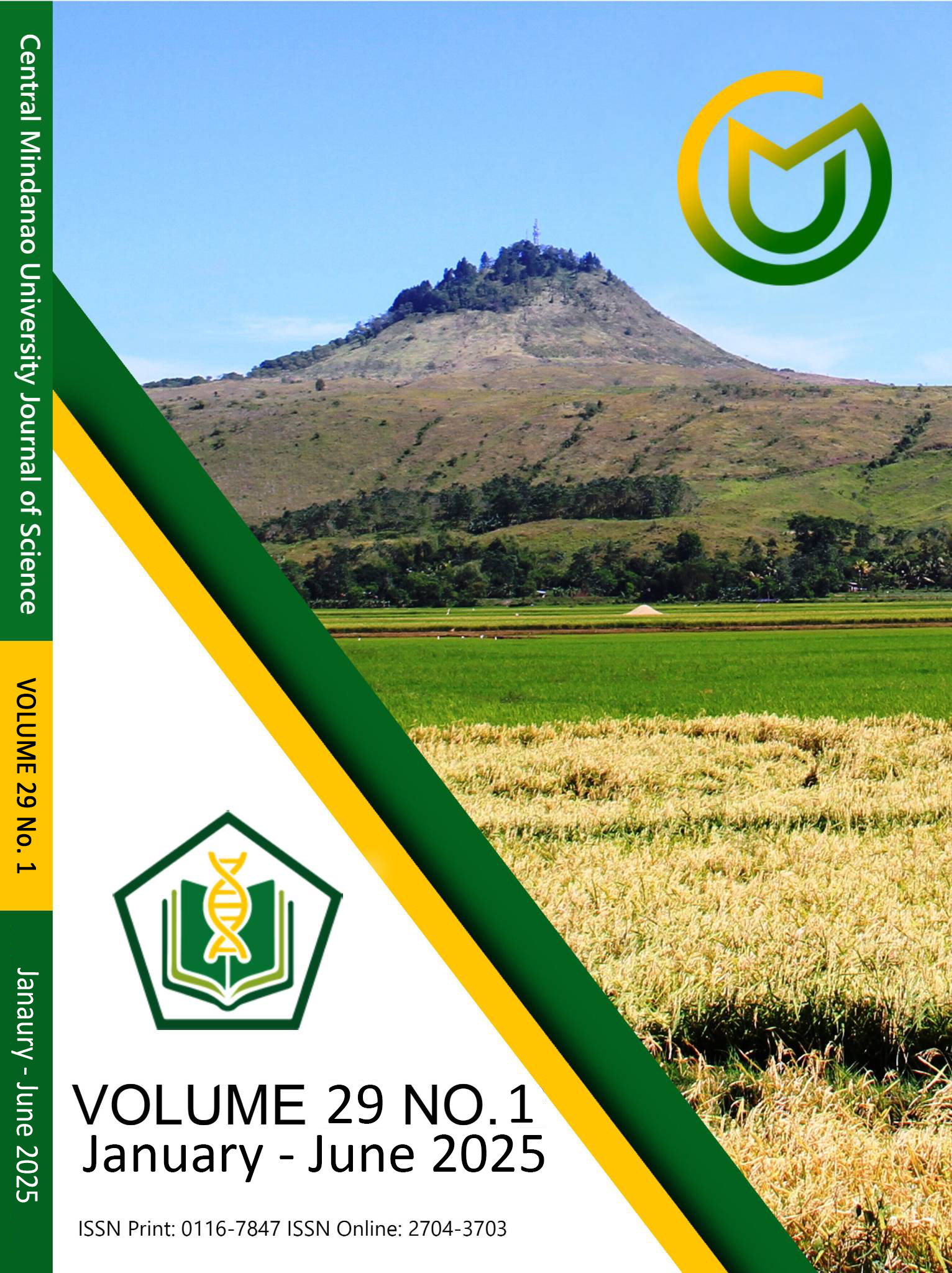Unplugging for Wellness: Addressing Social Media Use-Related Stress Among College Students in China
DOI:
https://doi.org/10.52751/cmujs.2025.v1.qtqdb564Keywords:
Social Media Use, Perceived Stress, Digital Wellness, Chinese College Students, Mental HealthAbstract
Social media platforms are central to the lives of Chinese college students, offering avenues for communication, information exchange, and self-expression. However, excessive digital engagement is increasingly linked to psychological strain, particularly perceived stress. This study investigated the relationship between four dimensions of social media engagement—image-based, comparison-based, belief-based, and consumption-based—and perceived stress among vocational college students in China. A cross-sectional survey design was employed, with 375 participants completing the Social Media Use Integration Scale (SMUIS) and the Perceived Stress Scale (PSS-10). Findings revealed that while image-based and consumption-based usage were most prevalent, comparison-based engagement demonstrated the strongest positive correlation with perceived stress, followed by belief-based interactions. These results suggest that upward social comparisons and ideological exposure may have a significant influence on students’ psychological well-being. The study highlights the importance of culturally responsive interventions in higher education to mitigate social media-related stress and promote digital wellness among Chinese youth.
Downloads
References
Health Psychology research. (n.d.). https://healthpsychologyresearch.openmedicalpublishing.org/
Keles, B., McCrae, N., & Grealish, A. (2020). A systematic review: The influence of social media on depression, anxiety, and psychological distress in adolescents. International Journal of Adolescence and Youth, 25(1), 79–93. https://doi.org/10.1080/02673843.2019.1590851
Dhir, A., Kaur, P., & Lonka, K. (2021). Social media use and psychological well-being: A review. Behavior & Information Technology, 40(4), 400-415.
Verduyn, P., Gugushvili, N., Massar, K., T'Jongers, K., & Kross, E. (2020). Social comparison on social networking sites: A literature review. Current Opinion in Psychology, 36, 32–37. https://doi.org/10.1016/j.copsyc.2020.04.002
Fischer-Grote, L., Kothgassner, O. D., & Felnhofer, A. (2019). Digital media use and mental health in youth: A systematic review. Psychological Research, 83, 1110-1121.
Seabrook, E. M., Kern, M. L., & Rickard, N. S. (2020). The interplay between belief-based content and stress. Psychological Studies, 65(4), 420-435.
Huang, C. (2021). Information overload and its relationship to stress in social media users. Computers in Human Behavior, 122, 106857.
Cohen, R., Newton-John, T., & Slater, A. (2021). The case for body positivity on social media: Perspectives on current advances and future directions. Journal of Health Psychology, 26(13), 2365–2373. https://doi.org/10.1177/1359105320912450
Saiphoo, A. N., Halevi, L. D., & Vahedi, Z. (2020). Social networking site use and self-esteem: A meta-analytic review. Personality and Individual Differences, 153, 109639. https://doi.org/10.1016/j.paid.2019.109639
Orben, A., & Przybylski, A. K. (2019). The association between adolescent well-being and digital technology use. Nature Human Behaviour, 3, 173–182. https://doi.org/10.1038/s41562-018-0506-1
Appel, H., Gerlach, A. L., & Crusius, J. (2019). The interplay between social comparison, envy, and depression on social media. Current Opinion in Psychology, 28, 32-37.
Fardouly, J., Magson, N. R., Rapee, R. M., Johnco, C. J., & Oar, E. L. (2020). The use of social media by Australian preadolescents and its links with mental health. Journal of Clinical Psychology, 76(7), 1304–1316. https://doi.org/10.1002/jclp.22936
Luo, M., & Hancock, J. T. (2020). Self-disclosure and social media: Motivations, mechanisms and psychological well-being. Current Opinion in Psychology, 31, 110–115. https://doi.org/10.1016/j.copsyc.2019.08.019
Wang, X., & Xie, H. (2021). The role of social media in stress perception: A cross-cultural analysis. International Journal of Psychology, 56(2), 200-212.
Ellis, D. A., Davidson, B. I., Shaw, H., & Geyer, K. (2019). Do smartphone usage scales predict behavior? International Journal of Human-Computer Studies, 130, 86–92. https://doi.org/10.1016/j.ijhcs.2019.05.004
Chukwuere, J. E., & Chukwuere, P. C. (2020). Social media comparison and stress among students. Journal of Education and Health, 38(1), 23-34.













 LinkedIn
LinkedIn